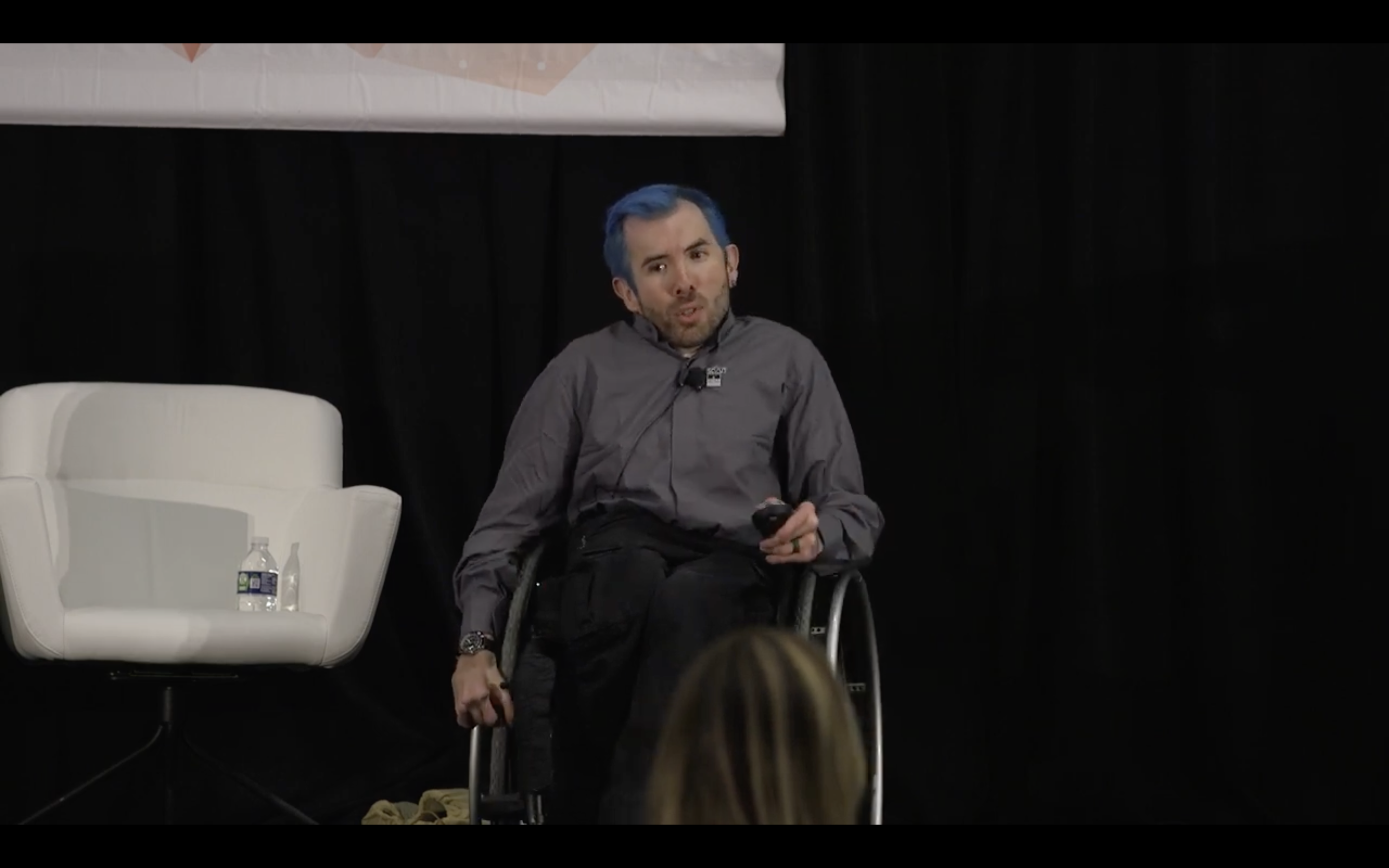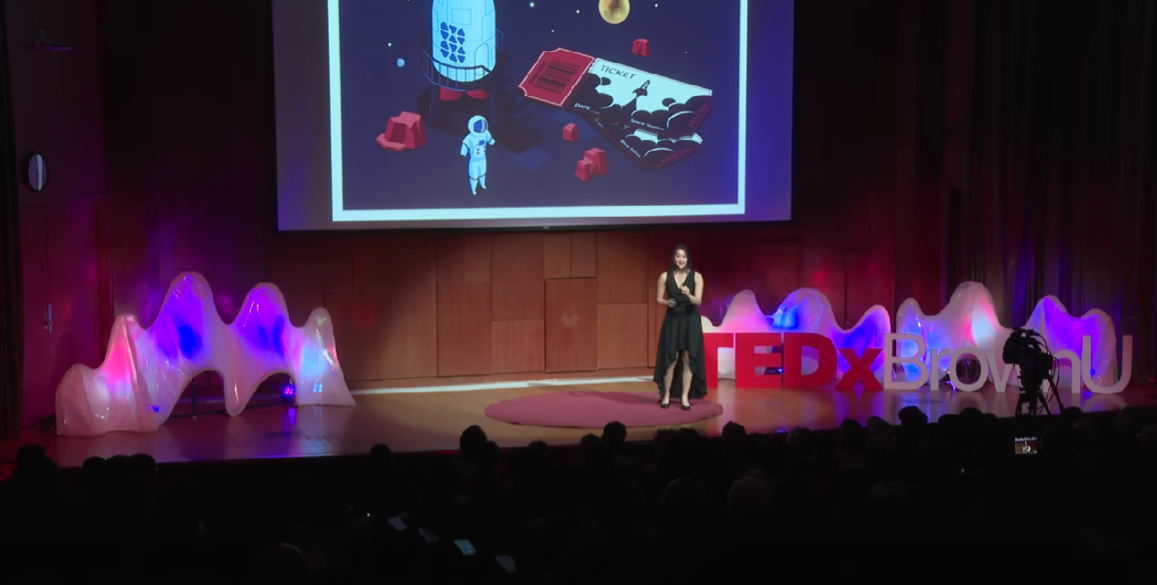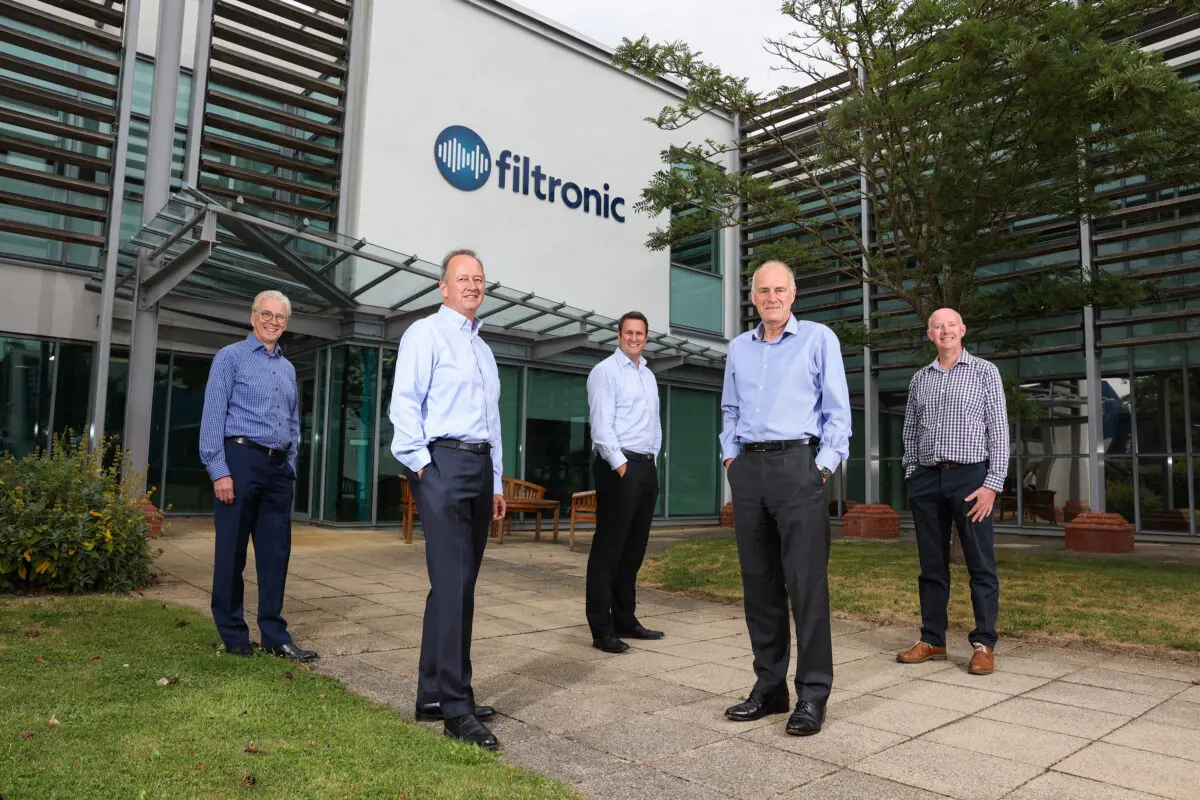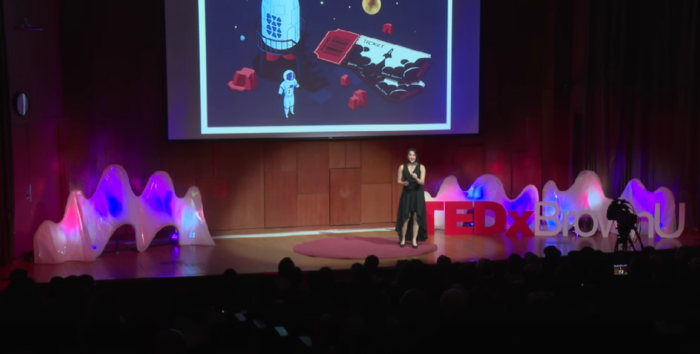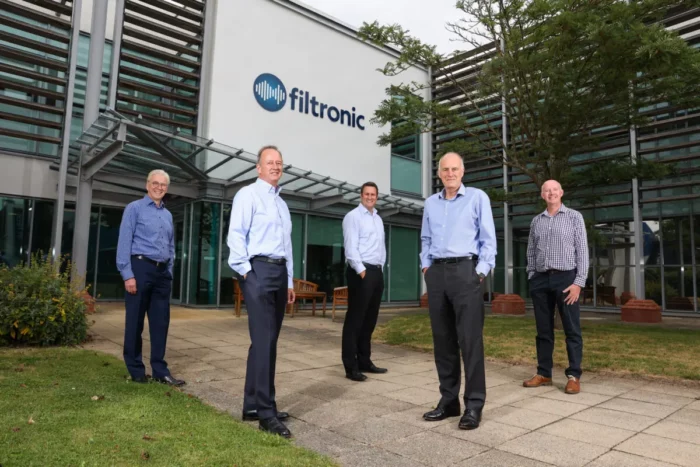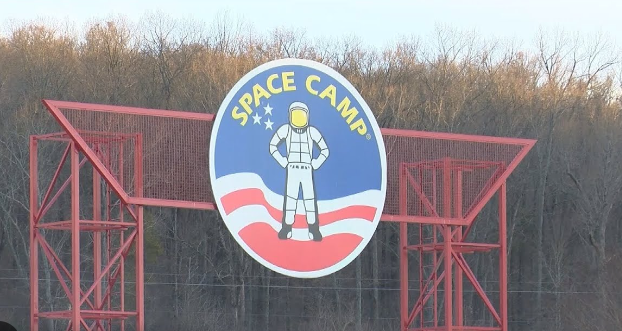Eric Ingram, Co-Founder and CEO of SCOUT Space, Inc — a company that aims to create a future in which space operations are safe and sustainable which can only be achieved if satellites in orbit make their own decisions — gave a presentation last month at Future Space Leaders Foundation and SATELLITE 2023 Conference in Washington, DC.
Ingram has extensive experience in the commercial spaceflight industry as a regulatory expert. Aside from his involvement with space exploration and disability advocacy, he is also an active and recognizable figure in the world of space who previously worked at the FAA Office for Commercial Spaceflight as an Aerospace Engineer. Furthermore, he serves on the Advisory Committee on Commercial Remote Sensing (ACCRES) and is a Board Member of the Space Frontier Foundation.
During his presentation, Ingram talked about what SCOUT is doing.
“Thinking in space from space,” Ingram began. “That guides the products and capabilities we are bringing to the market. And we do that through our proprietary software stack which enables spacecraft to do these things.”
Ingram, who holds a Bachelor of Science in Physics from Old Dominion University, the majority of a Masters of Science in Electrical Engineering from the University of Houston and a sport pilot certificate, continued by saying SCOUT has payloads that will be installed on customers’ spacecraft and eventually SCOUT’s own spacecraft. The latter will make use of the company’s vision systems to provide relative autonomous navigation capabilities in addition to providing space domain awareness, and space traffic management data.
See. Learn. Act.
“And that’s where we sit in that pipeline — we develop the software that goes on board these payloads, that make them smart, make them intelligent,” said Ingram, adding that SCOUT breaks that down into three buckets of see learn and act. “So, we have sensors on board that we take in data with to put together as best a sight picture as possible. We take in data from our host satellites, and we just acquire as much information as we can learn and we figure out what that data means as we have machine learning software capabilities wrapped up in this system that takes in that data, tries to make sense of what we’re seeing.”
Ingram also mentioned that SCOUT’s use of computer vision and machine learning helps the team figure out what is going on for the specific mission required.
“And that leads us to act which is decision making. So, if this is for a satellite servicing operation or debris removal, how do we navigate to that object? If it’s something like collision avoidance, it’s how do we move away from it? And if it’s something like space domain awareness, it’s what is that dot…?”
Ingram and his team at SCOUT hope to improve upon with its proprietary spaceflight hardware, software and data helping to develop solutions for improved safety and transparency in space.
Feature image: Screenshot from SGx2023 – Eric Ingram, “Our Future in Space Relies on Satellite Autonomy” on YouTube. Credit: spacegeneration
If you found this article to be informative, you can explore more current space news, exclusives, interviews and podcasts here.
Share this article:
